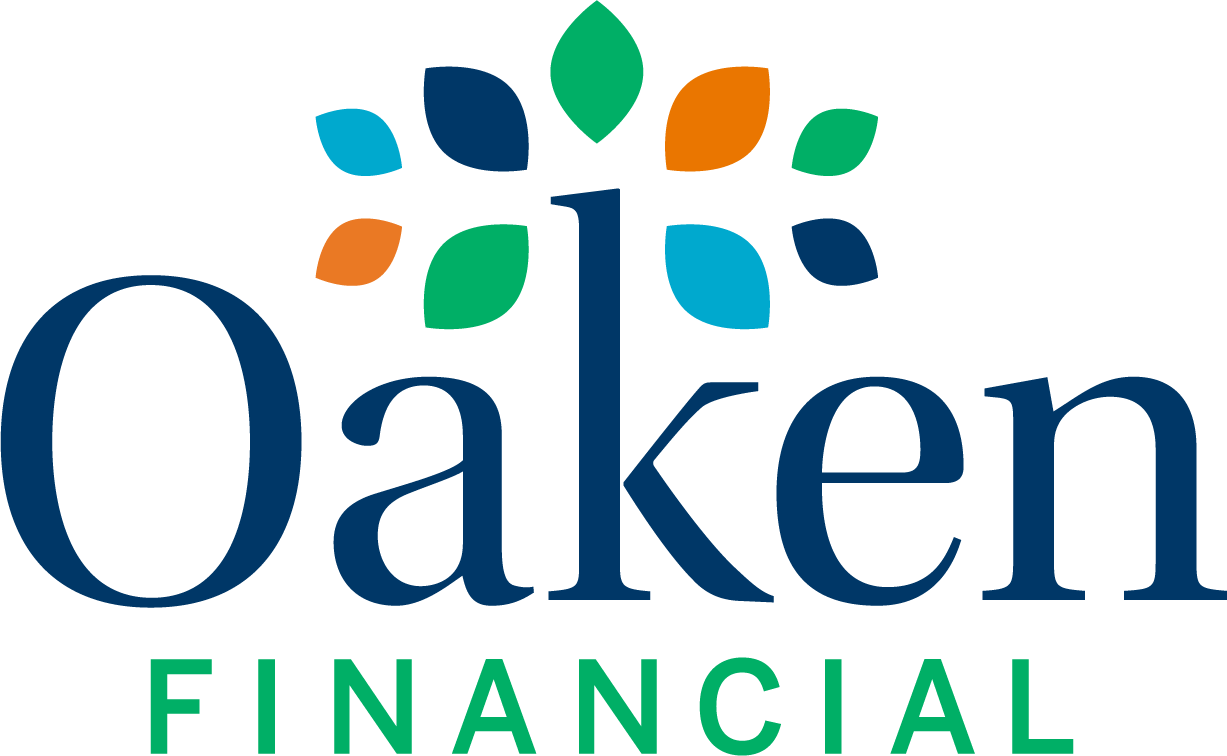The number of older students returning to school has increased in recent years, as more workers are finding it necessary to upgrade their skills in order to adapt to rapid changes in the workplace. New technologies and updated practises have combined to impact not only how we carry out our job-related tasks, but also the knowledge workers need in order to excel in the modern workplace.
If you’re one of the many Canadians who has been in the workforce for the past 15 years or more, you’ve no doubt experienced this phenomenon first hand. You’ve also likely thought about updating your own skills to better position yourself, and help advance your career. But there are several things to consider, as we’ll discuss here.
Full-time versus part-time studies
For most mature students, returning to school on a full-time basis presents a financial challenge beyond merely the cost of tuition. Older individuals that have been in the workplace for some time tend to have challenges that differ sharply from younger students. Mortgages, vehicle payments and other family commitments all add to the difficulty of attending school full-time, and these obligations can’t simply be put on hold while you concentrate on your studies.
Alternatively, studying part-time could make it possible to continue your employment while upgrading your education. This arrangement still represents a significant commitment, and will increase the time it takes for you to complete your studies. However, in some instances, there's also the possibility that your employer may provide some financial assistance, if you can demonstrate that upgrading your skills will benefit the company.
Using your RSP to fund your tuition
If you determine that full-time study is the best option for your circumstances, you do have the option of withdrawing money from your RSP through the Lifelong Learning Plan. This program allows you to take up to $20,000 from your RSP over a five-year span to use towards your education. However, keep in mind that you must repay the money within ten years.
It's also important to understand that, during this time, you will lose the potential investment returns this money could earn for you while in your RSP. The loss of this investment income could have a substantial impact on your overall retirement savings, and you must take this into consideration before deciding to take funds from your RSP savings.
Given that borrowing rates remain near historical lows, you may want to consider borrowing to pay your tuition, rather than lose growth potential within your RSP. For instance, a home equity line of credit may prove to be a better option than taking money from your RSP, or taking out a personal loan at a higher interest rate.
If you do go with a home equity line of credit, it's imperative that you have the capacity to manage the repayment terms comfortably while attending school. You should then plan to accelerate payments once you complete your studies and return to work.
Lastly, the Canada Student Loans program offers loans, and even scholarships, specifically for mature students. While these may not cover all your expenses, every little bit helps!




 Travel and lifestyle
Travel and lifestyle